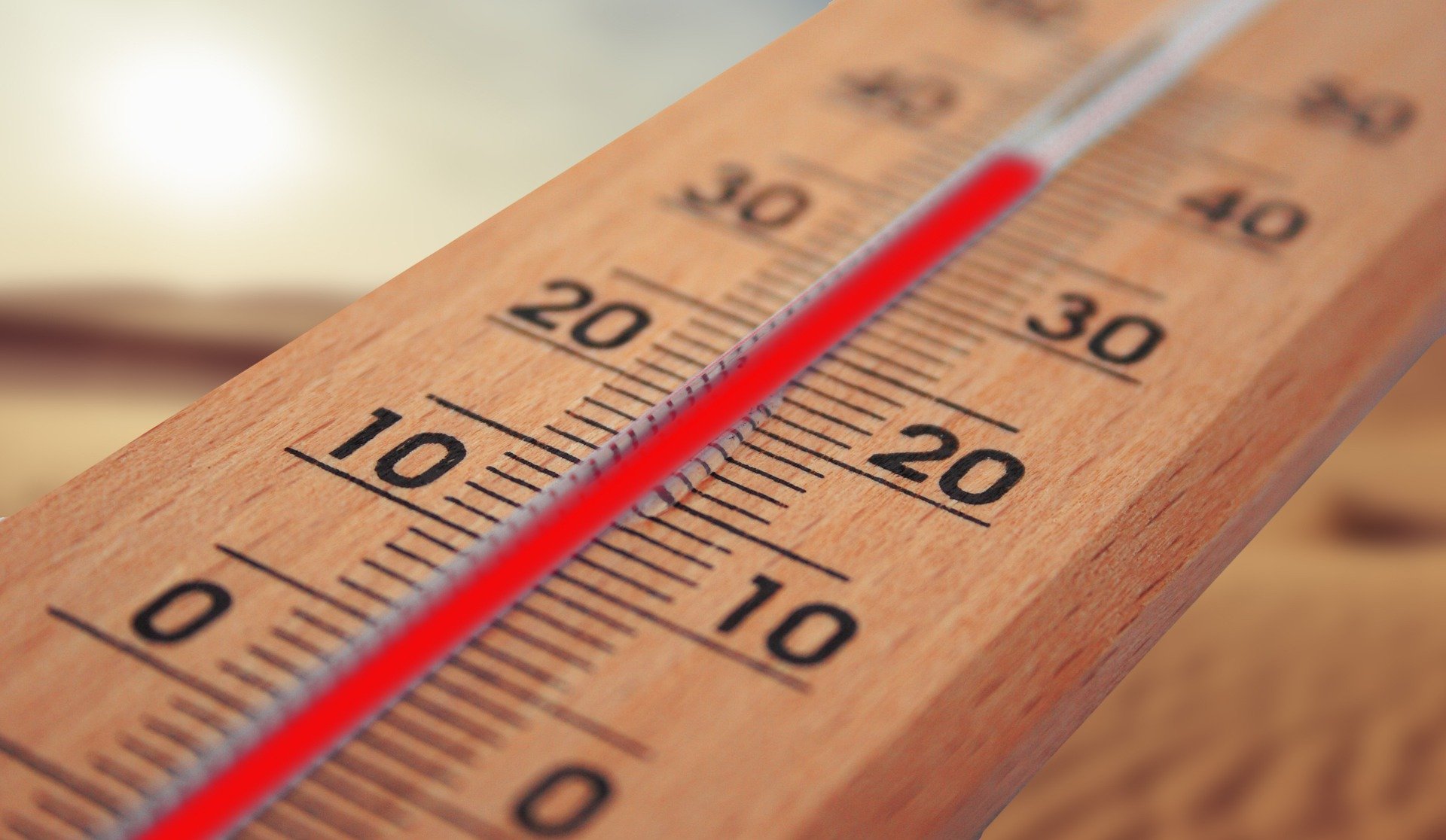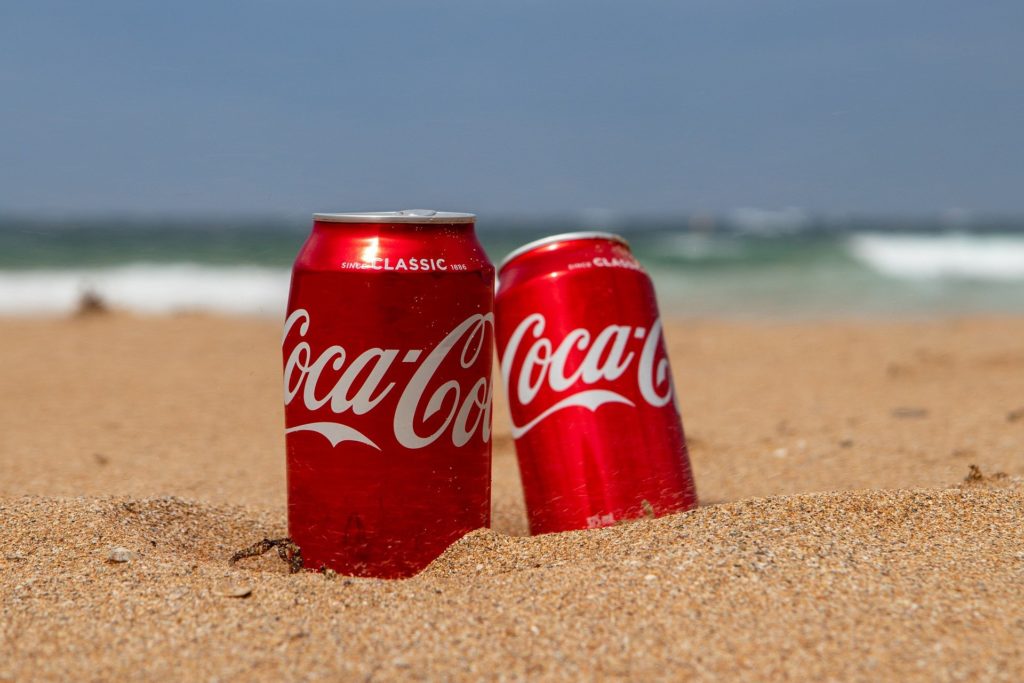
The blame narrative of Climate Change
One of my first memories of watching the news was a report on an environmental disaster. There had been an extreme weather event, which warranted a brief mention on climate change and warming global temperatures and that was it. I distinctly remember sitting in my lounge, around the age of 8 or 9 and thinking ‘if it’s as serious as they are making it seem, why are they only mentioning it in passing?’ I have grown up with a tiny knot of dread inside, reignited every time I heard the mention of climate change.
Nowadays the knot is always there in my sub conscious. So how have we got into this position? Climate change and its effects have been known and understood for decades now, and we’ve still ended up with the recent IPCC reporting; ‘human induced climate change has already affected many aspects of the climate system’ and ‘unprecedented extremes will occur in the future.’ Limited progress has been made in regards to the climate crisis, due to the shifting of blame. Blame is thrown around like a game of hot potato, with nobody wanting to admit fault. While nobody admits fault, nothing gets done.
The blame narrative is entirely unproductive and will not solve any problems. Passing around blame will keep the attention fixed on what has happened and why, not how to solve the crisis. However, contradictorily, to call out the inconsistencies and issues with the blame narrative I am going to lean into it. There are three main entities which are blamed for climate change, businesses and corporations, governments, and us. I have become increasingly aware, especially recently, that the blame is quite often shifted down to us as individuals.
BP – one of the five supermajor gas and oil companies – created the term “carbon footprint” to shift the blame of climate change on to individuals like you and me. This popular term was just another marketing campaign which seems to subconsciously – before we’ve even realised it – pass the blame to us. After all, companies don’t have feet. There are countless examples like this, of big businesses and corporations being hypocritical regarding the climate crisis.
Advertisements make these companies seem like they are acting benevolently in our best interest, persuading us to use paper straws, eco-friendly cleaners, and drink oat milk, when in reality companies such as Coca-Cola and Nestlé have proactively undermined sustainability reforms whilst presenting themselves as environmentally conscious companies. Going as far as to say they ‘act in ways to create a more sustainable and better shared future … by doing business the right way’ when they clearly don’t.
As the threat of climate change has grown, so has the creation of eco-friendly consumer goods – which is a positive step in the right direction to making conscious choices and caring for our planet – however, is it fair to put the future of our planet on consumer’s consciousnesses? We live in a consumer led society, is it fair to blame the consumer? Besides, it isn’t us who have known about climate change and its impacts since 1965, it is corporations such as the American Petroleum Institute, who understood the risks, then proceeded to do absolutely nothing.
Businesses and individuals are intrinsically linked. A question arises of whether consumers would act the way they do if advertisements were different. Businesses and corporations have a social responsibility to act in everybody’s best interest however, the only best interest they see is if there is a return on their investment. In fact, many have been pretending to act in the planet’s best interest whilst simultaneously standing in the way of progress.
Some such corporations are Nestlé, Coca-Cola and PepsiCo who have all made public pledges to cut plastic waste while undermining sustainability reforms through lobbying groups and trade associations. Governments are not much better. We’ve known for decades now that politicians tend to feed us empty promises, and unfortunately when it comes to the climate crisis, it is no different.




